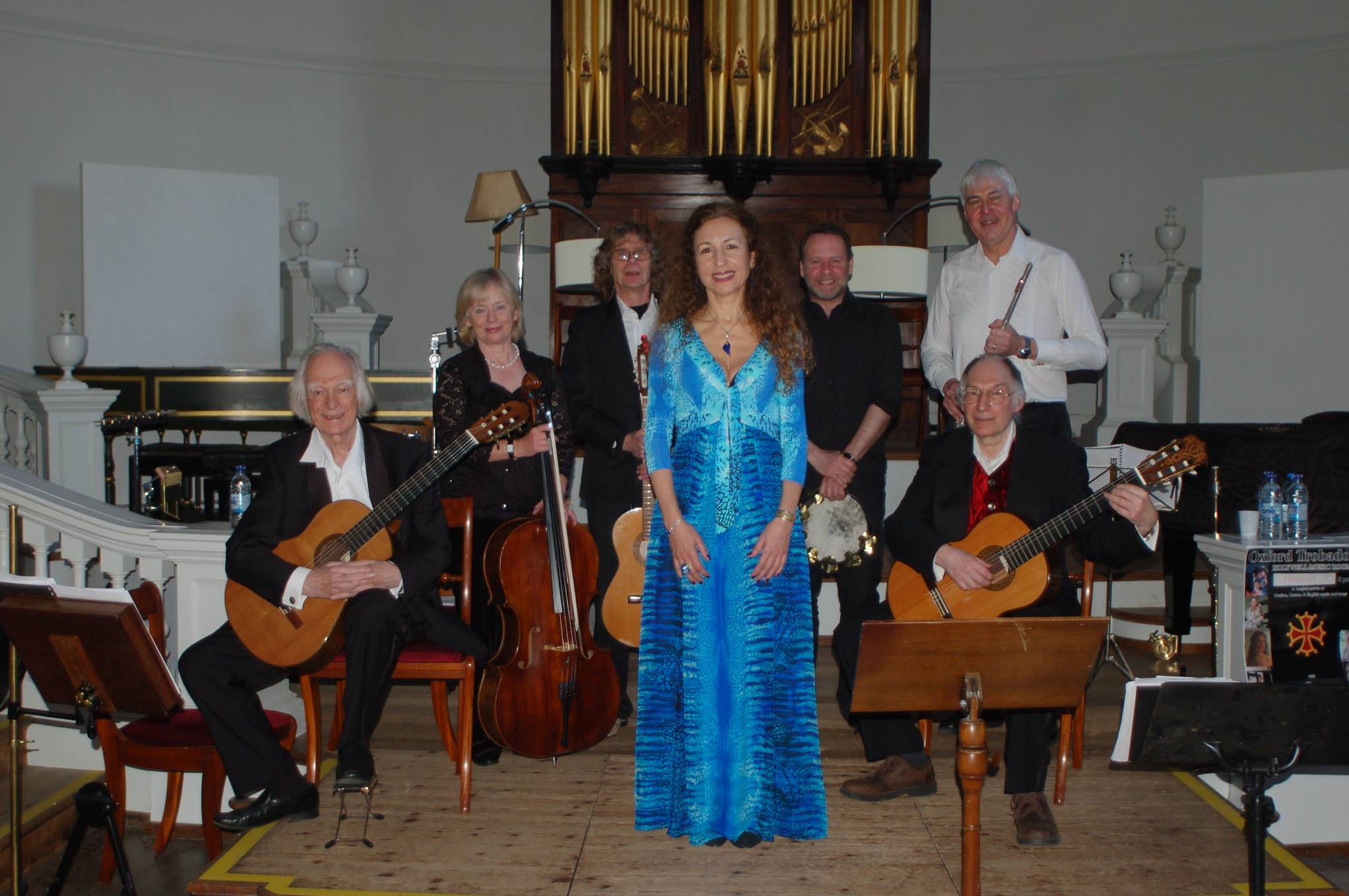Medieval Trobador songs
Quan lo riu de la fontana (Jaufre Rudel circa 1140)
When the clear water gushes from the spring (fontana) and the nightingale (rossinholetz) sings, it is time to sing my own song (lo mieu refranha). He sings for his distant lover (amors de terra lonhdana) but he can never see her (pos tots jorns m’en falh aizina). Yet his heart longs for her (de desir mos cors non fina) for only love can cure his pain (la dolor que ab joi sana).
Altas Undas (12/13th century)
A haunting song attributed to Raimbaut de Vaqueiras (c 1200), probably the lover of the author, a Trobairitz (woman trobador). The sentiments show a woman watching high waves (altas undas) over the sea (suz la mar) for the boat returning her lover. But she doesn’t see him return (no lo vei retornar). Love sometimes gives her joy, sometimes pain (ad hora.m dona joi et ad hora dolor).
Nul hom no po d’amor gandir (Peire Vidal)
No man can escape love once it has conquered him (Nuls hom no po d’amor gandir). This song is a cry from a man who is so smitten by love that he is driven to folly. All sense is abandoned (e no’i garda sens ni folor). Peire Vidal (12th century) was one of the most prolific of the early troubadours.
Modern Occitan songs
Nadau ta Baptista (Christmas for Baptiste) — Joan de Nadau
A gently lilting Pyrenees lullaby. Baptista sleeps while father Christmas (lo pair Nadau) flies through the night and gentle snowflakes fall on the lovers (sus los amoros). From the depths of his heart (Jo tot au dehens) he loves the child always (que t’aime, tostemps). Composed by Joan de Nadau.
Arron d’aimar (After love) Joan de Nadau
“After making love” (Arron d’aimar) he dreams of the laughter of children (aus arrisers gaujos), and of a country where lovers are forgiven (ont lo monde es perdonan aus qui s’aiman, uros). The chorus repeats ‘how I love you’ (Que t’aime) ‘through water and lightening’ (per l’aiga o l’eslambrec).
Los de qui cau (Joan de Nadau)
An emotional departure as he leaves his home and people, those who ‘are mine’ (que son los mens). They are those who till the earth, raise the livestock, are as they must be (los de qui cau). He reflects as he leaves the slopes of the Pyrenees to travel to Bordeaux (partir ta Bordeu). He sees that they are the memories of all who have gone before (e quian hons de la memoria tots los qui son passat abans).
Traditional Occitan Songs
Lo boier (c 15th century)
The herdsman (lo boier) returns to find his wife disconsolate (tota desconsolada) by the fireplace. He reassures her that the Saracens, the English, and all the other invaders, will not return; there will be peace …. she will have a kiss (auretz ‘na potonada) and the sun will shine from the depths of your heart (e lo solelh n’en raiara au prigond de vostre arma).

